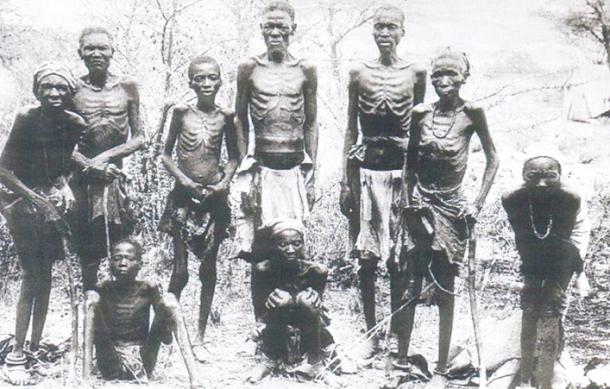
The Minister of Information and Communication Technology, Emma Theofelus, has announced that Cabinet has resolved to proclaim May 28 as Genocide Remembrance Day.
National Assembly Speaker Prof. Peter Katjavivi credited the late Dr. Kuaima Riruako and Usutuaije Maamberua for tabling motions in Parliament, which paved the way for this important announcement.
The ongoing issue of genocide and its implications, particularly regarding German authorities, has been a significant concern for the nation.
Following the recognition of Genocide Remembrance Day, Cabinet has directed that the Ministry of Education use the day as a unifying factor and identify significant sites for monument construction.
Educational institutions should now create comprehensive programmes to educate the public about genocide history and consequences, instill empathy, tolerance, and respect for human dignity, and strengthen national identity.
The decision, Prof. Katjavivi said, is a testament to the collective dedication and resolve of Members of Parliament.
Prof. Katjavivi stated that Genocide Remembrance Day is a symbolic act marking the beginning of healing, reconciliation, and education.
He says this serves as a beacon of hope, reflecting collective resilience and determination to rise from a painful past and exemplifying the nation's journey towards freedom and independence.
"Genocide Remembrance Day holds profound significance for several reasons. Firstly, it serves as a powerful reminder of the dark chapters in our history, ensuring that the horrors of genocide are never forgotten. It is a day to honour the memory of the victims and to pay tribute to their enduring spirit. This day also provides an opportunity for national reflection and dialogue, encouraging us to confront the past, acknowledge the pain, and commit to a future of peace and justice."
Katjavivi urged Namibians to remember those who suffered and died and to work together to make sure their legacy endures in an effort to establish a just and peaceful Namibia.





